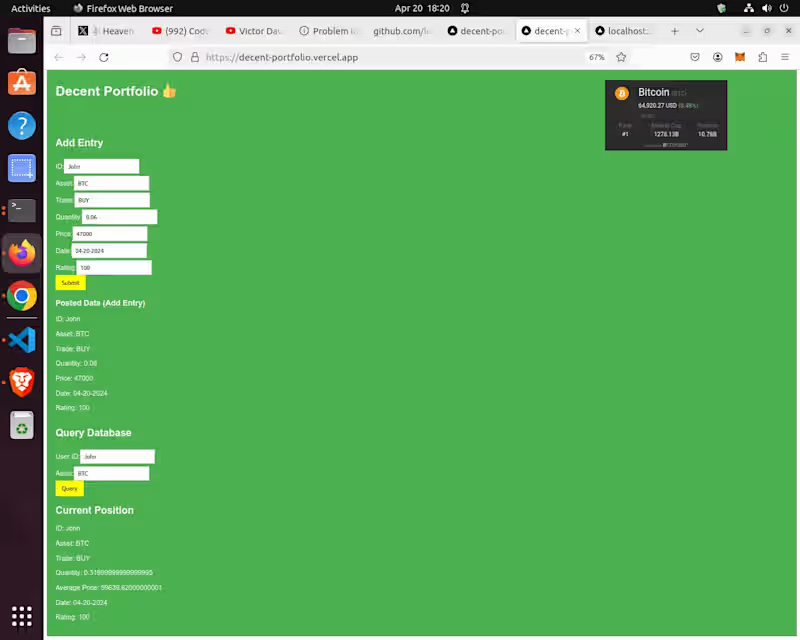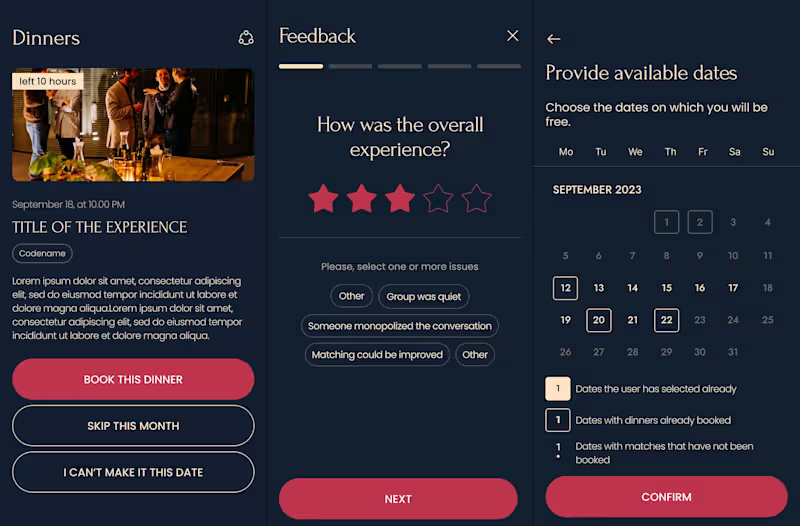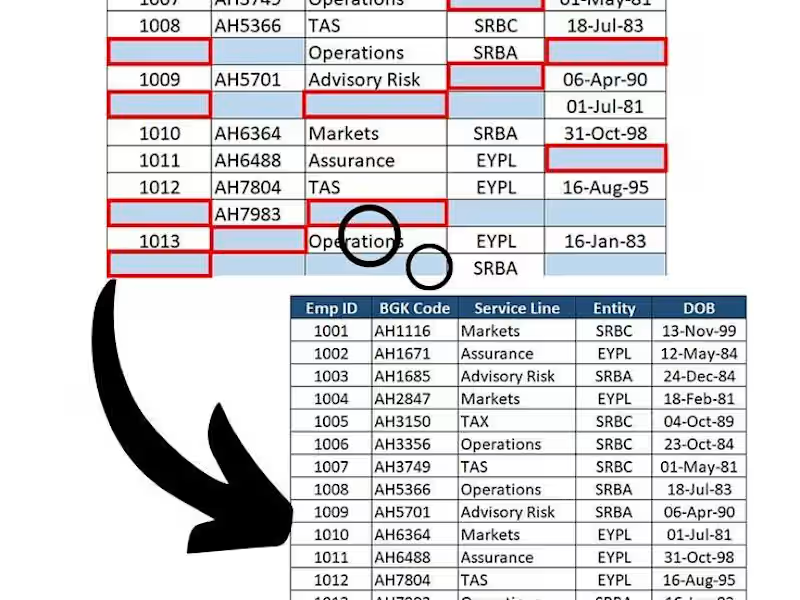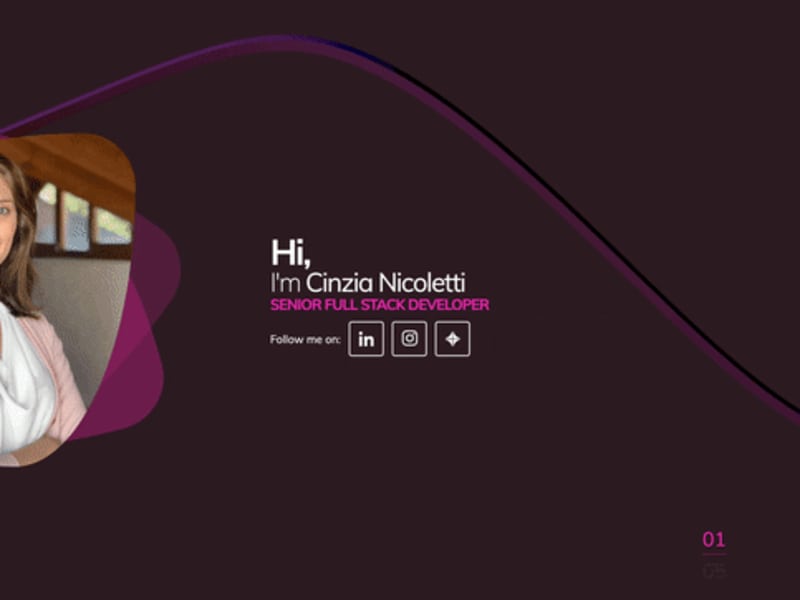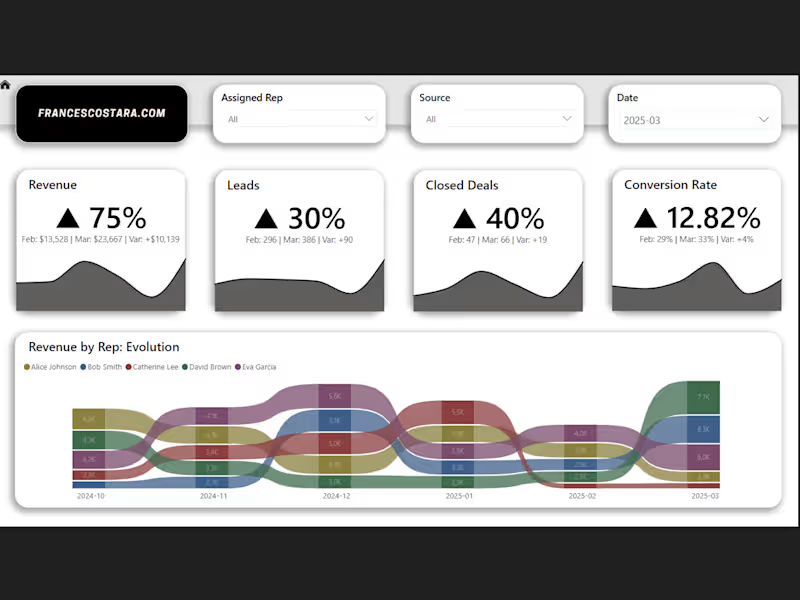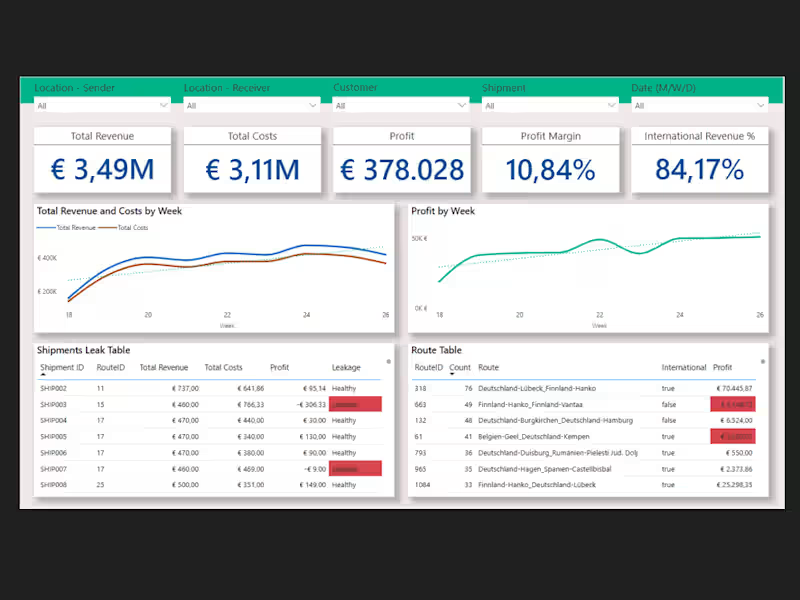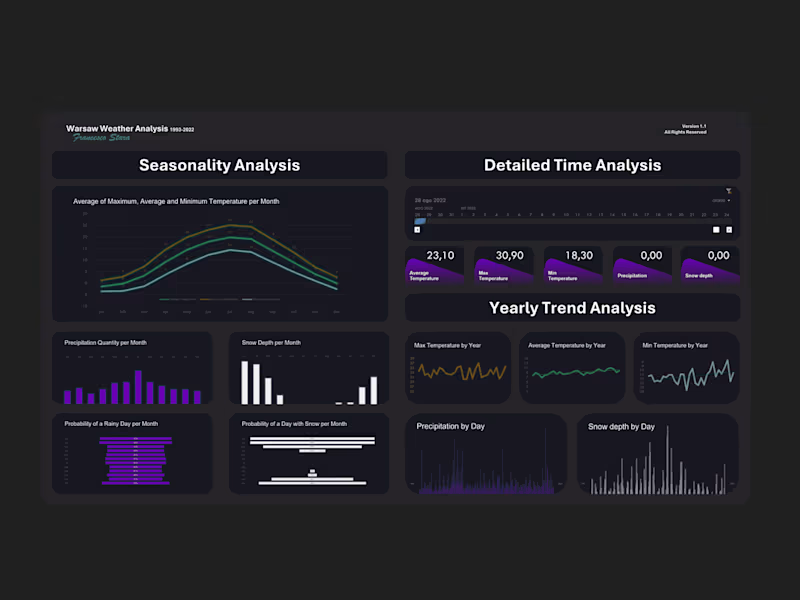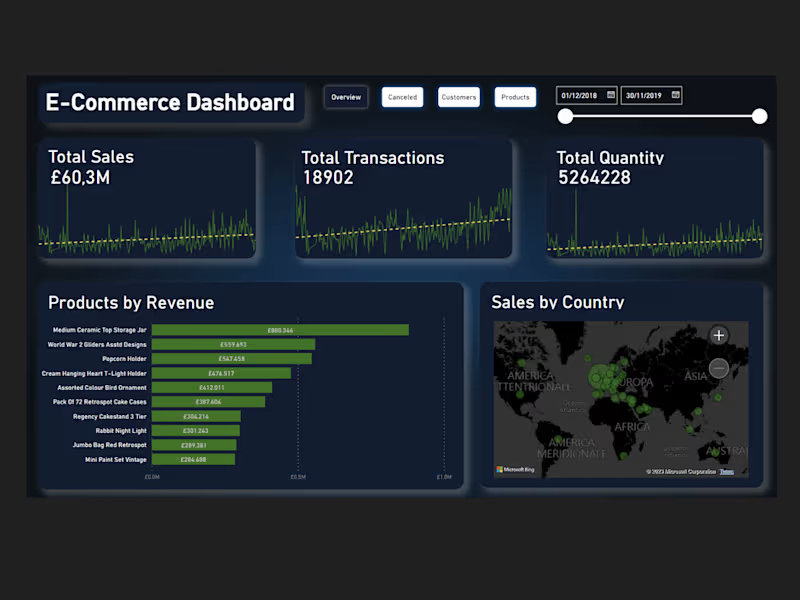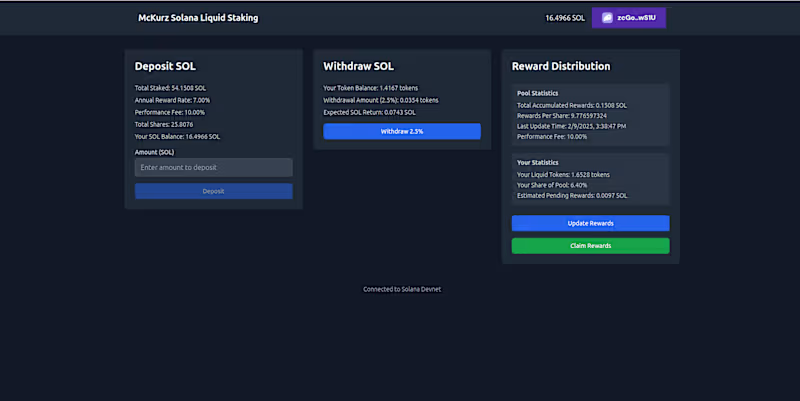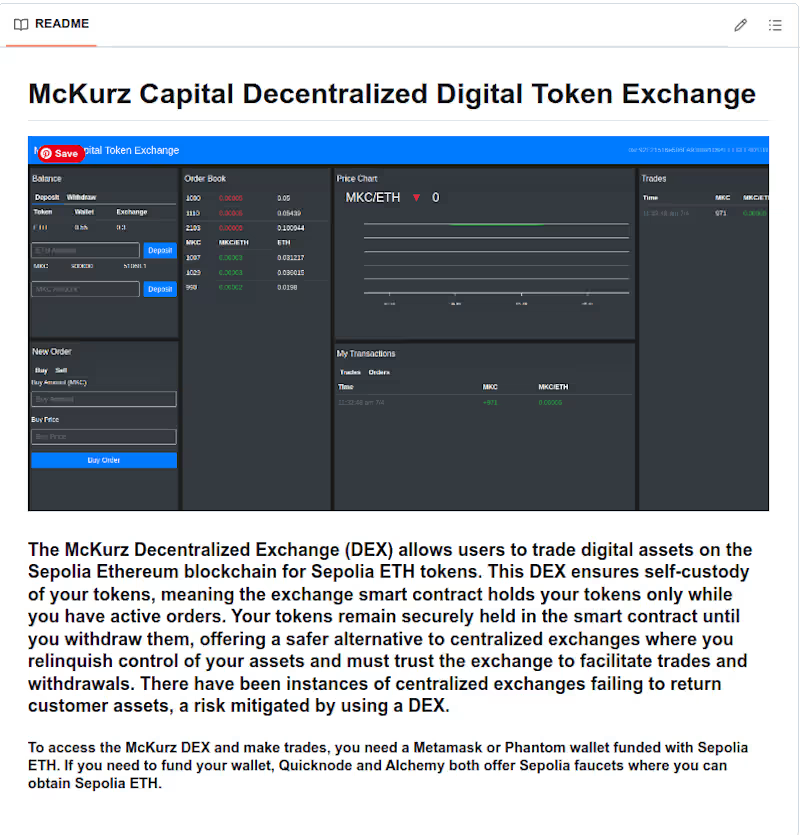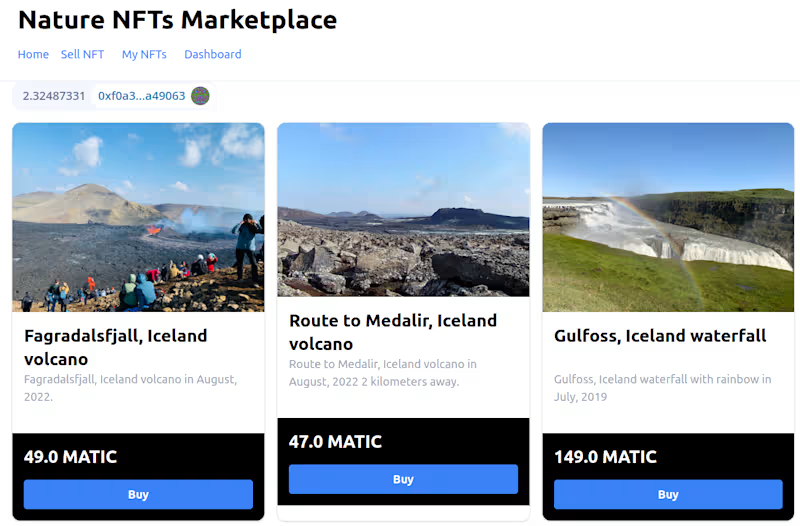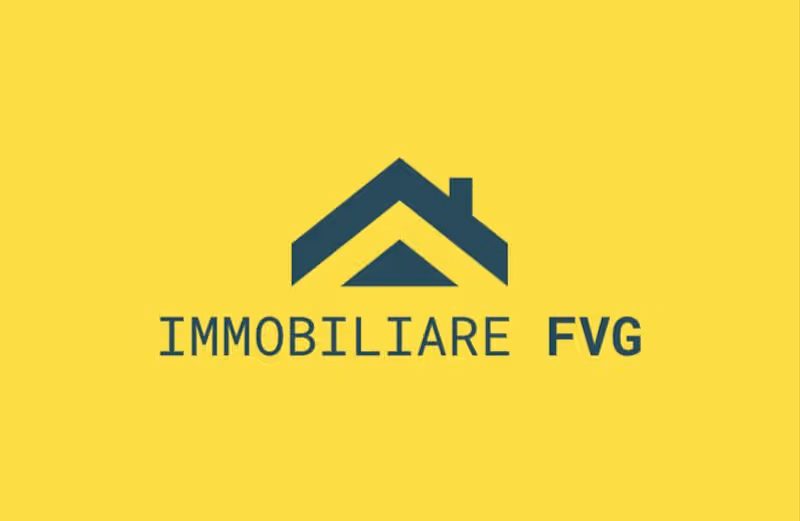How do I define the scope of my database project?
Start by listing your key requirements. You should include what data you need to store and how you plan to use it. This helps a database specialist understand your needs better.
What are the best practices for checking a database specialist's experience?
Look at their past projects and see if they have worked on similar databases. Check for any certifications or special skills that are relevant. Talk to others who have worked with them, if you can.
How do I discuss deliverables with a database specialist?
Write down exactly what you need the database to do. Break it into smaller tasks and set deadlines for each. This makes it easy to track progress and avoids confusion.
What communication tool should I use to talk with my database specialist?
Choose a tool that both of you feel comfortable using. Email, chat apps, or video calls are good options. Make sure to agree on how often you want updates.
How do I ensure the database design meets my business needs?
Talk about your business goals and how the database will help achieve them. Ask for a design proposal from the specialist. Review it together and make changes if needed.
What should be included in a project timeline for a database specialist?
Start with a kickoff meeting and end with the database going live. In between, set dates for key milestones like design reviews and testing phases. Having a clear timeline helps keep the project on track.
How do I set clear expectations around database security?
Begin by discussing your security concerns and needs. The specialist can advise on best practices for keeping data safe. Make security checks part of the deliverables.
What factors should I consider when agreeing on tools and technologies?
Discuss what your business currently uses and any preferences you have. Compare this with the specialist's skills and recommendations. Make decisions based on what's best for the project and easy for you to manage later.
How do I address the integration of the database with existing systems?
Identify the systems that need to connect with the new database. Talk about the technical details and any challenges with your specialist. Planning this early ensures smooth integration.
Why is it important to outline the database maintenance needs early on?
Plan for updates and fixes to avoid future problems. Ask the specialist to create a maintenance schedule. This helps keep the database running smoothly and efficiently.
Who is Contra for?
Contra is designed for both freelancers (referred to as "independents") and clients. Freelancers can showcase their work, connect with clients, and manage projects commission-free. Clients can discover and hire top freelance talent for their projects.
What is the vision of Contra?
Contra aims to revolutionize the world of work by providing an all-in-one platform that empowers freelancers and clients to connect and collaborate seamlessly, eliminating traditional barriers and commission fees.
































